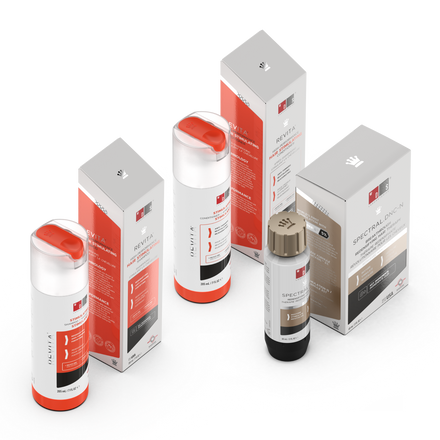Sulfates were widely used in hair care products until the beginning of the 20th century, when scientific evidence started to question whether or not sulfates were causing dry, brittle, and frizzy hair. Indeed, a pretty significant debate has been occurring since hair care professionals began to question sulfates. Are they good for your hair, or are they not so good?
Benefits of sulfates
There is no doubt that sulfates do a great job of cleansing your hair of oils. And, most people love the powerful foaming agents that provide that feeling of lathering their hair with soapy bubbles, knowing every strand is getting clean. However, sulfates sometimes work too well when it comes to cleaning your hair. It is important to note that not all sulfates are created equal, meaning that some are harsher than others.
Disadvantages of sulfates
Sulfates strip your hair of oil, leaving it squeaky clean. The problem is, our hair and scalp need some oil in order to stay healthy and hydrated. Oil is also a protectant, so it can render your hair indefensible against harsh agents and toxins when we remove all of our oils with shampooing.
Sulfates do such a great job of cleaning that they also can strip proteins from your hair, resulting in a weakening of your outer cuticle. When this happens, it can cause gaps to appear in your hair shafts, making them brittle, lackluster, and limp.
When sulfates contact your scalp (which is where we generally focus our scrubbing), it can break down the top layer of our skin and cause dryness and inflammation. Thus, people who use shampoos with sulfates can struggle with scalp irritation and may even experience hair loss.
Because people have concerns about using sulfates on their hair and skin, sulfate-free cosmetics and hair care products are all over the market. Today, you can find numerous hair care products that are free of sulfates. However, these are often accompanied by a higher price tag because the cleansing agents in these shampoos are more costly than sulfates.










